Search The Collection
Filter By
Object Type / Material
Geographic Location
Date / Era
Department
Show Only:
- As part of the Met's Open Access policy, you can freely copy, modify and distribute this image, even for commercial purposes.APIPublic domain data for this object can also be accessed using the Met's Open Access API
- Objects with changed or unknown ownership in continental Europe between 1933-1945. Learn more
Showing 8,577 results for Italian or Indo-Persian
Sort By:
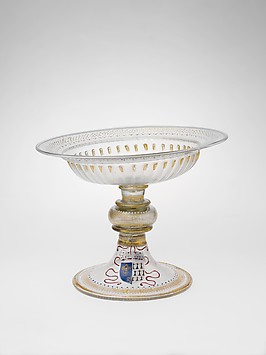
Italian
1499–1514
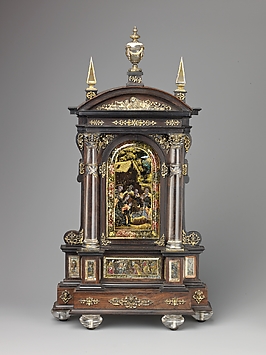
Reinhold Vasters
second half 16th century (panels); ca. 1865–90 (frame)
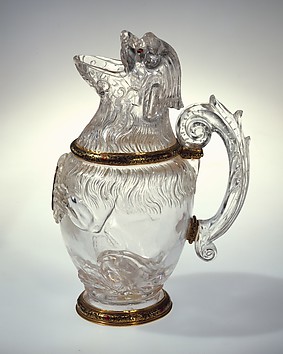
Italian
second half 16th century and second half 19th century

Italian or Indo-Persian
ca. 1500
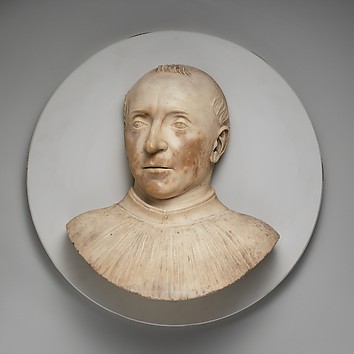
Mino da Fiesole (Mino di Giovanni)
third quarter 15th century
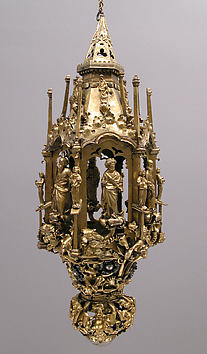
North Italian
14th century
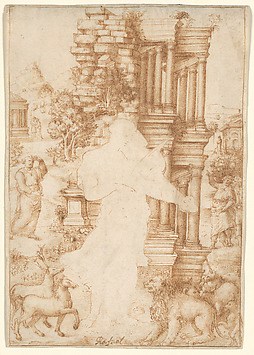
Italian
early 16th century
Italian or Indo-Persian
early 16th century
Italian or Indo-Persian
early 16th century
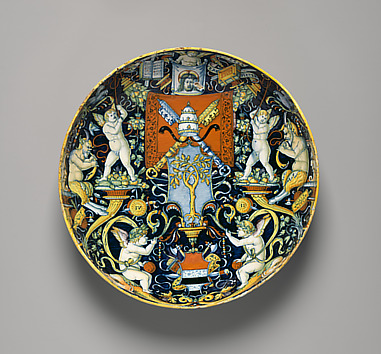
workshop of Giovanni Maria Vasaro
1508
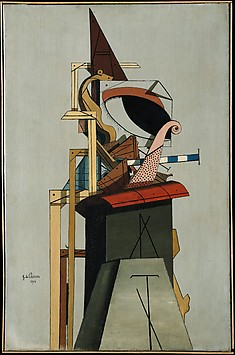
Giorgio de Chirico
1916
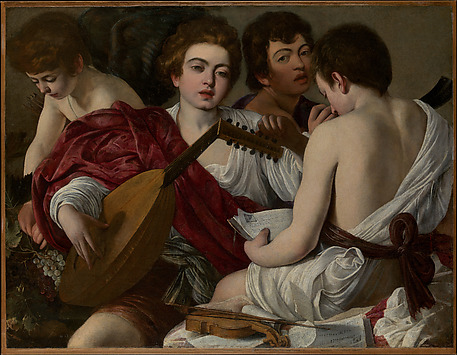
Caravaggio (Michelangelo Merisi)
1597
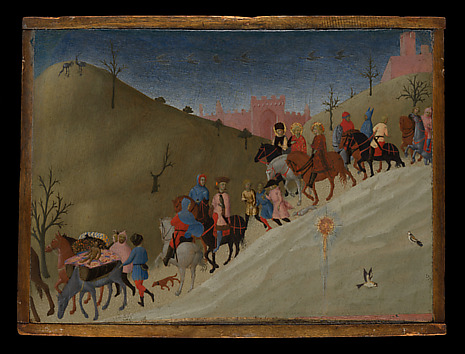
Sassetta (Stefano di Giovanni)
ca. 1433–35
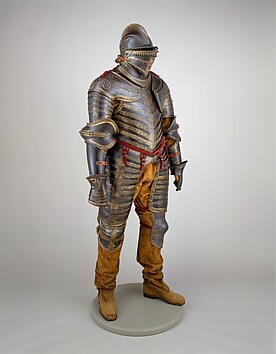
Italian, Milan or Brescia
ca. 1544
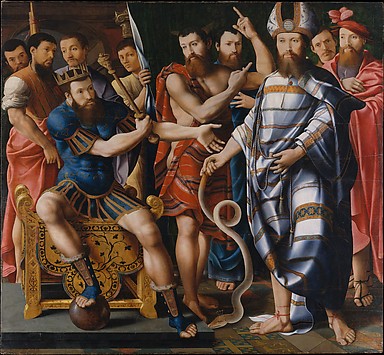
Master of the Dinteville Allegory
1537
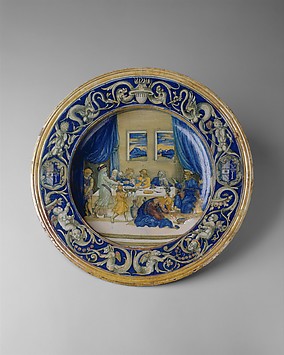
Maestro Giorgio Andreoli
1528
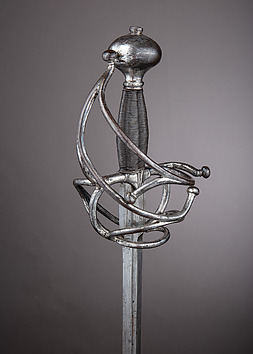
Italian
ca. 1540
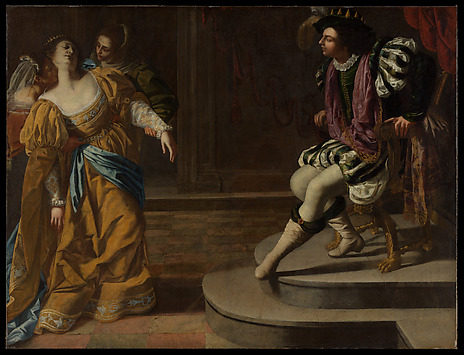
Artemisia Gentileschi
1620s
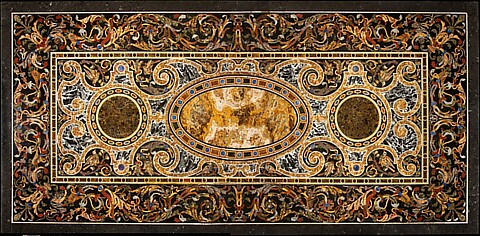
Italian, Rome
late 16th or early 17th century
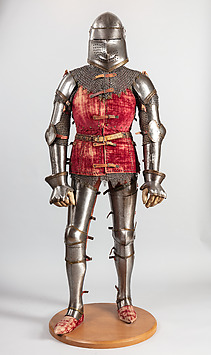
Italian
ca. 1400–1450 and later
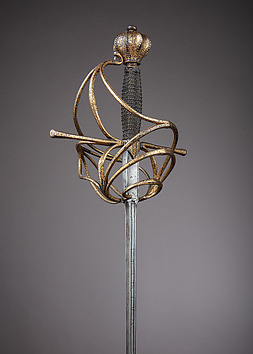
Peter Munsten
ca. 1620–30
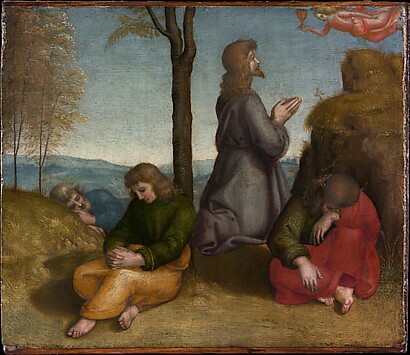
ca. 1504
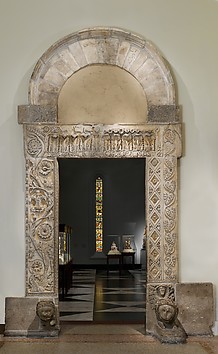
Central Italian
carved 1000s, assembled 1100s or 1200s
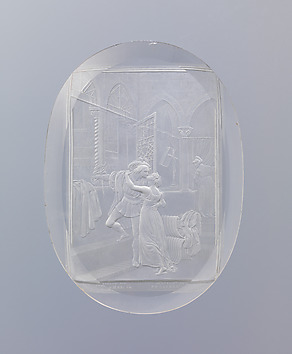
Giovanni Beltrami
crystal 1824, frame possibly contemporary
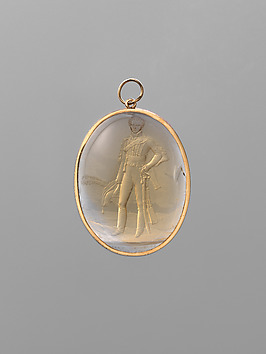
Giovanni Beltrami
citrine 1820, gold suspension loop probably contemporary with intaglio
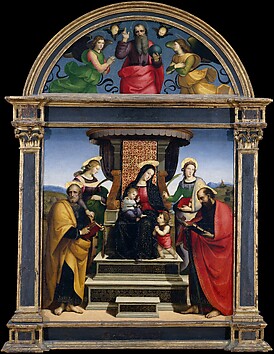
ca. 1504
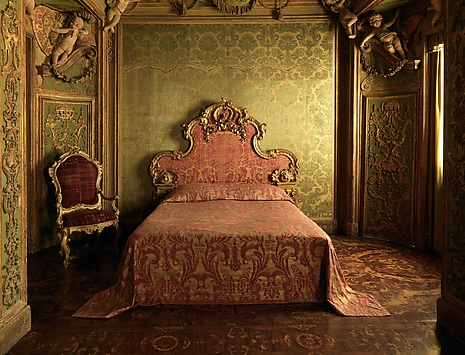
Abbondio Stazio
ca. 1720 or later
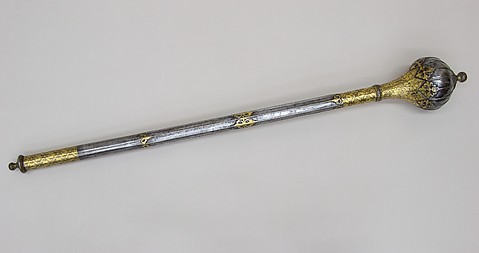
Indo-Persian
17th century
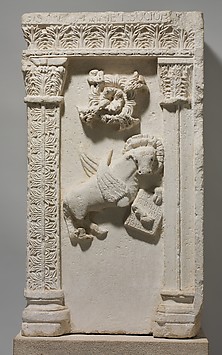
Italian
ca. 1180
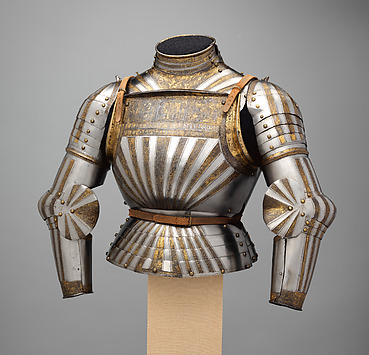
Italian, Milan
ca. 1510
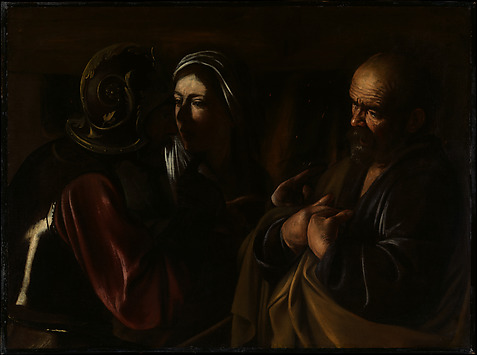
Caravaggio (Michelangelo Merisi)
1610
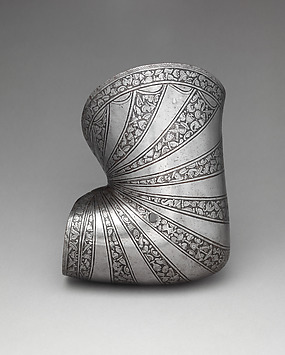
Italian
ca. 1550 to 1575
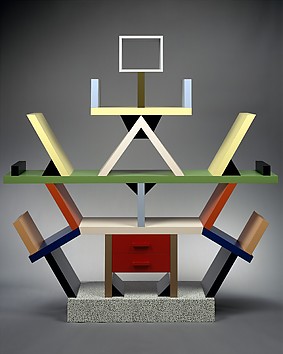
Ettore Sottsass
1981
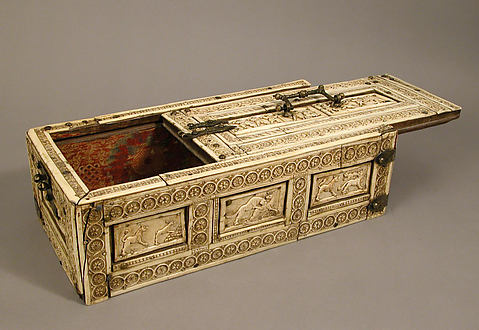
Italian or Byzantine
12th century
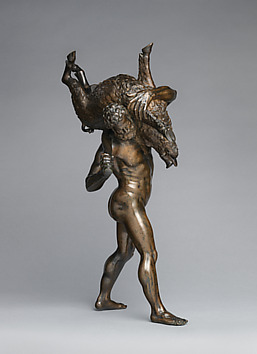
Giambologna
Late 17th or 18th century
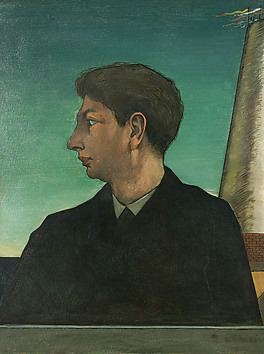
Giorgio de Chirico
1912–13
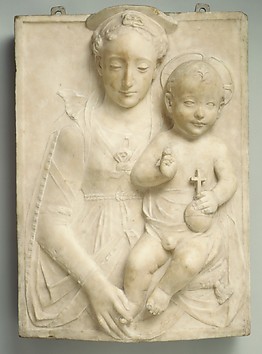
Mino da Fiesole (Mino di Giovanni)
ca. 1471–74

Antonio Gentili (Antonio da Faenza)
late 16th century
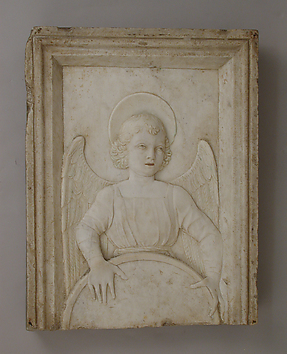
Antonio Rizzo
ca. 1470
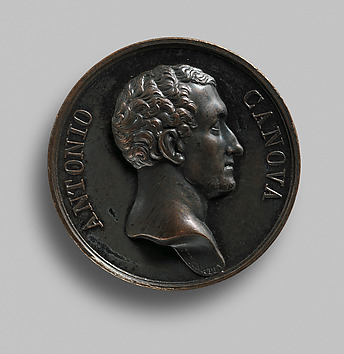
Francesco Putinati
ca. 1822